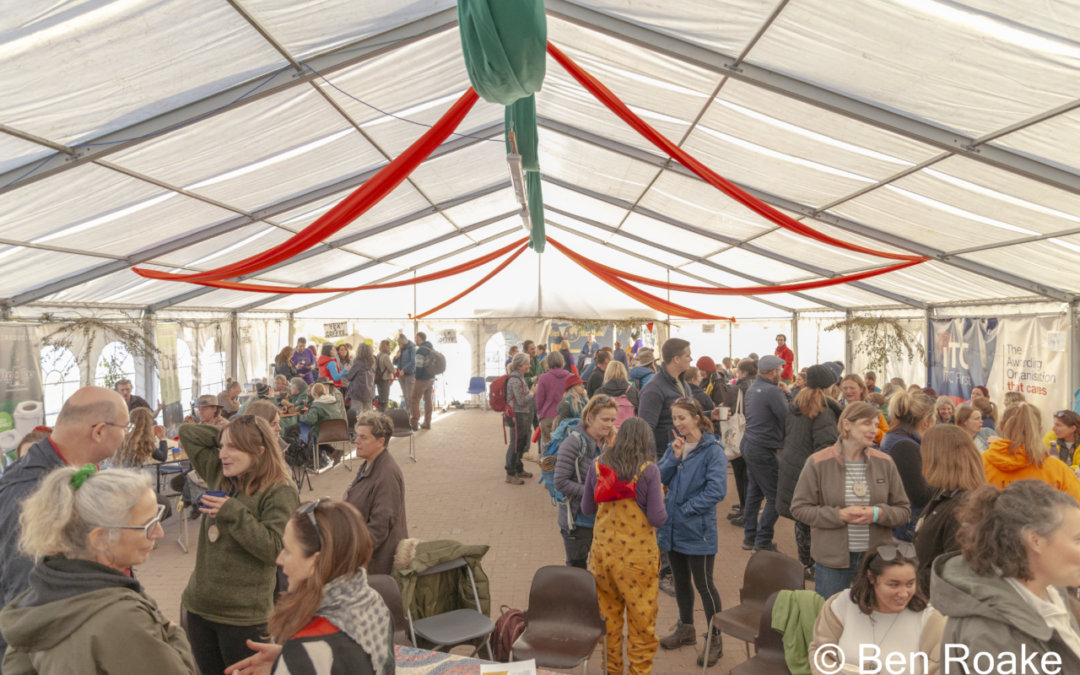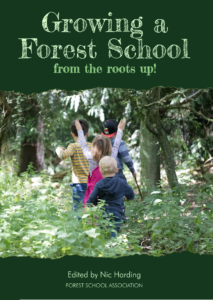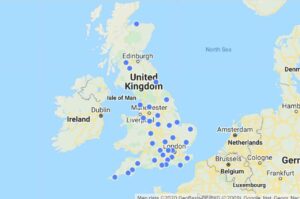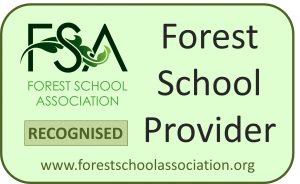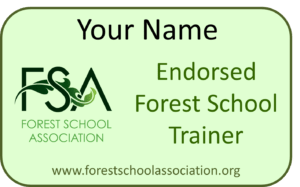At the 2024 National Forest School Conference, delegates had the opportunity to engage in a lively and interactive Local Groups meeting. The session aimed to raise the profile of Local Groups as a core aspect of the FSA, encourage more involvement, and provide informal networking and learning opportunities. Participants shared their experiences, insight and ideas on how Local Groups can grow, collaborate, and thrive. Below is a summary of the key themes that emerged from the discussions.
Meeting Objectives:
- Raise the profile of Local Groups as a key aspect of the FSA.
- Generate interest in becoming involved in Local Groups.
- Increase engagement between the FSA and Local Groups beyond quarterly representatives’ meetings.
- Facilitate informal networking and knowledge sharing.
Key Themes:
- Support for New and Developing Forest School Leaders Participants underscored the importance of providing more targeted support for newly qualified Forest School Leaders (FSLs) and those establishing new Forest School sites. Suggestions included:
- Practical guidance on topics such as insurance, grants, and business management for Forest School operations.
- Structured mentorship programs, where experienced leaders can offer advice and support to newcomers.
- Access to resources that help leaders navigate the early stages of their careers, enabling them to feel more confident and prepared.
- Peer Learning and Knowledge Sharing There was strong enthusiasm for enhancing opportunities for peer learning. Attendees expressed a desire for:
- Reciprocal visits between Forest School settings to observe different approaches and environments.
- Skill-sharing sessions to help leaders learn from each other’s expertise.
- Establishing critical friend or mentorship systems to foster personal and professional growth.
This theme emphasised the value of creating a supportive community where knowledge can be freely exchanged.
- Building Stronger Communication and Collaboration Networks Strengthening communication channels between Local Groups emerged as a central theme. Participants suggested:
- Regular virtual meet-ups and Zoom calls by region to share updates and maintain stronger connections.
- Creating structured online platforms, such as a members-only section on the FSA website, to enable easy sharing of ideas and resources.
- Introducing regional WhatsApp groups, with clear communication guidelines, to ensure supportive and effective interactions.
These ideas reflect an interest in fostering ongoing collaboration across the broader Forest School network.
- Overcoming Structural Challenges Several challenges were raised, particularly around maintaining active and sustainable Local Groups. Common concerns included:
- Lack of understanding/guidance around what specific committee roles entail.
- Difficulty in recruiting and retaining members and volunteers
- A perceived lack of diversity within some groups, with a call for more visible representation and inclusion.
- Barriers related to volunteer shortages and maintaining momentum in the face of time pressure, over-commitment and/or fatigue.
There was consensus that clearer guidelines and stronger efforts to promote inclusivity and volunteer engagement could help overcome these barriers.
- Sustainability and Growth of Local Groups Sustaining Local Groups over the long term was another prominent topic. Participants highlighted:
- The need for financial sustainability, with some groups seeking advice on how to raise funds or access grants to support their work.
- The importance of regular engagement and keeping momentum through consistent communication and active leadership within groups.
- Learning from successful established groups, which had undergone significant growth or change due to strong leadership, proactive engagement, or effective collaboration.
- Support from the Wider FSA Network Local Groups expressed a need for ongoing support from the FSA to help them succeed. Specific requests included:
- Promotional support for local events and activities to boost visibility and participation.
- Help in facilitating communication between groups and local members to streamline planning and activities.
- Guidance on setting up new groups, including practical advice and templates for group management.
This feedback points to a clear demand for more structured and accessible support from the national FSA body.
We are grateful to everyone who participated in these discussions and shared their insights. Together, we will continue to strengthen the Forest School Association community, building a network that is supportive, inclusive, and sustainable.

